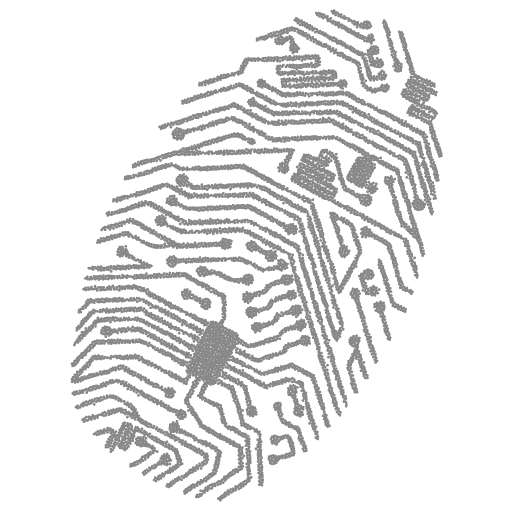The EU’s Data Act introduces important rules for performance of data processing services. Given their importance for businesses, these rules deserve to be discussed in a separate article. Here we examine more closely the definition of “data processing services” in the Data Act. We attempt to outline what types of services may, in practice, be covered by the new regulations, and how it should be determined whether a given service constitutes a data processing service for purposes of the Data Act.
Legal definition
Under the Data Act (Regulation (EU) 2023/2854), “data processing service” is defined as “a digital service that is provided to a customer and that enables ubiquitous and on-demand network access to a shared pool of configurable, scalable and elastic computing resources of a centralised, distributed or highly distributed nature that can be rapidly provisioned and released with minimal management effort or service provider interaction.”






